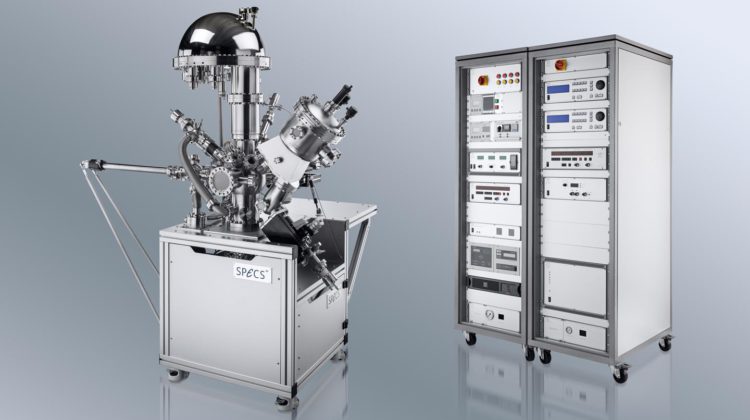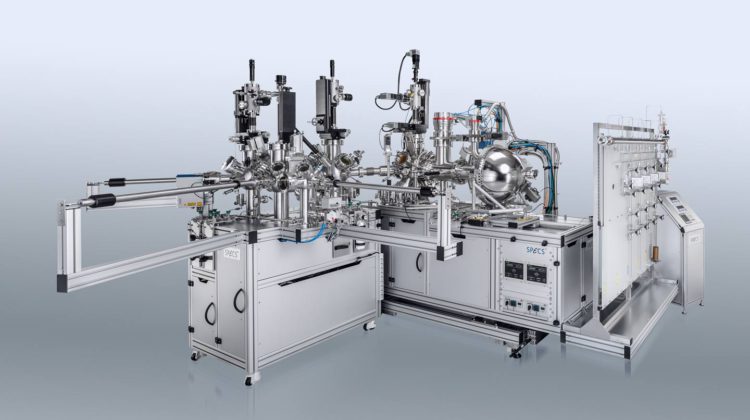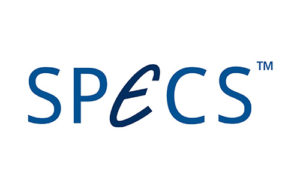Photoelectron Spectroscopy is the most powerful tool for surface chemical analysis and electronic stucture measurements
Surface sensitive spectroscopic methods, like Auger Electron Spectroscopy (AES), Low Energy Ion Scattering Spectroscopy (LEISS) and especially X-ray or UV excited Photoelectron Spectroscopy (XPS and UPS) became powerful tools to characterize the surface chemical composition, the chemical state of the surface electrons and the electronic properties of materials surfaces.
Modern related methods can give insight into the surface chemical structure, (Scanning Auger Microscopy (SAM), XPS chemical mapping or X-ray Photoelectron Diffraction (XPD)), or in the complete electronic and magnetic structure (Angle Resolved or Spin Resolved Photoelectron Spectroscopy (ARPES or Spin-PES).
Since about 10 years it is also possible to perform some of these spectroscopic methods also under environmental or Near Ambient Pressure (NAP) conditions, rather than in Ultrahigh Vacuum (UHV) to allow for operando characterization of surface chemical reactions or the characterization of liquids or gases and their interfaces to solids.
Source: specs-group.com
Featured systems:
Some applications
- Material characterization
Material engineering
Nanotechnology
Semiconductors
Catálysis
2D Materials






